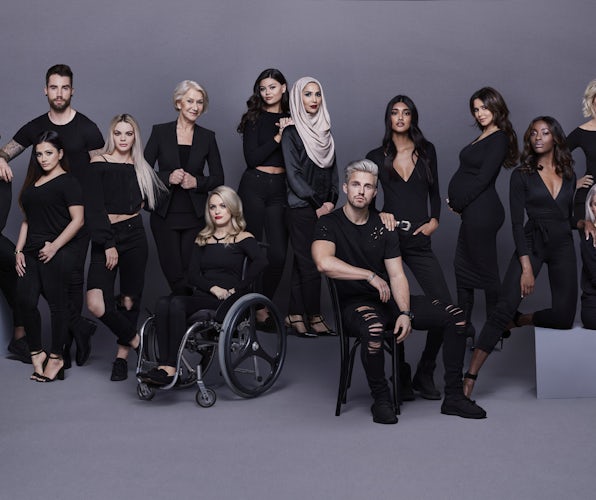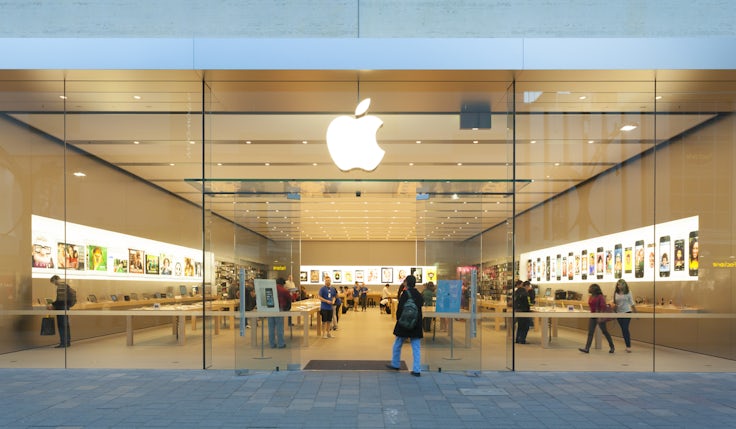L’Oréal prioritises voice search as AR struggles to ‘ramp up’
The French beauty giant admits while there is ‘momentum’ behind digital it is yet to ‘crack ROI’.

L’Oréal is focusing its digital efforts on voice search, as it admits augmented reality has not “ramped up” as much as it anticipated and that it struggles to measure ROI on some of its digital activity.
The company has been on a journey to accelerate digital transformation over the last five years, after it recognised it needed to do more to keep up. Three years ago it appointed its first chief digital officer for the group, with Lubomira Rochet in charge of leading that shift.
In the UK, the man in charge of its digital operations is Nick Buckley, who started as group digital director almost two years ago. His role includes everything from the company’s social and search strategy to customer relationship management.
Buckley claims the business is certainly “not behind” when it comes to digital innovation, but that it simply wants to do “even better”. “I can’t tell you how much buzz and momentum there is behind digital at large within the company,” he tells Marketing Week.
One area of particular focus is search. While L’Oréal has previously focused on making its brands more visible through natural search, Buckley says it is now excited about the opportunity of voice search. L’Oréal estimates that 20% of total search will be done vocally in the next 18 months.
“It’s about the implications of Amazon’s Alexa and Apple’s Siri and how consumers can learn more about our brands and their stories. We believe there’s an interesting opportunity with Amazon’s Alexa, in terms of how consumers ask questions to it and how it’s different to how they search online. We want to be at the forefront of that,” he explains.
L’Oréal is also keen to partner with the digital giants such as Amazon and eBay to expand its ecommerce offering. Six months ago it launched a store on eBay to sell products from its Men Expert range, which Buckley says is doing “particularly well” and is set to be scaled up.
“It was quite a brave move; not many other brands would be happy to set up a shop within a shop. But we took the plunge, and we’re looking to do more of [these types of partnerships],” he explains.
‘The year of ROI’
L’Oréal knows it still has some significant hurdles to overcome, however. Its CEO Jean-Paul Agon has branded 2017 “the year of ROI”, and one big challenge is to improve the effectiveness of its digital activity.
“Everything we do has to drive back to the business, especially with digital and working with influencers and how we can improve our ROI against that. We call it the ROI obsession,” Buckley says.
He admits the UK business “hasn’t cracked it yet”, and it is still trying to figure out how its digital activity can best increase sales. While he says he finds it “exciting”, it can at times be difficult to determine what new technology to prioritise.
Augmented reality has been around for a few years, but it hasn’t quite ramped up as much as we believed. So it’s about picking the right battles and committing to those projects.
Nick Buckley, L’Oréal UK and Ireland
“Augmented reality has been around for a few years, but it hasn’t quite ramped up as much as we believed. So it’s about picking the right battles and committing to those projects,” he says.
When it comes to staying ahead of competitors, Buckley says he does not think of the Cotys or Estée Lauders of the world. Instead, he is more worried about the “piranhas – smaller fish that can nip at our heels”.
Startups are notorious for working quickly and pivoting their business when necessary, which is something L’Oréal is eager to copy.
He concludes: “With the way the teams are set up, the entire group can cross-fertilise. If something works for one brand, we can do it live in another brand very quickly. Externally, we also have partnerships such as with the Founders Factory, that keep us at the forefront of startups.”





